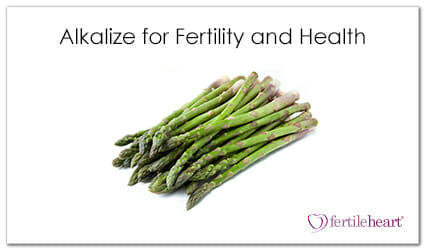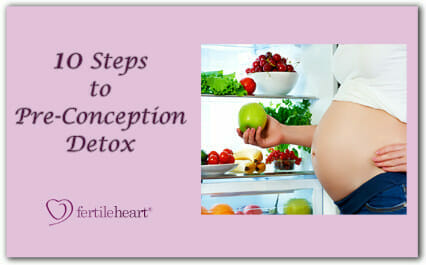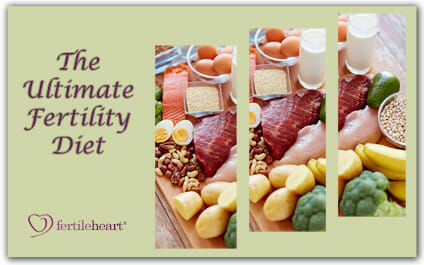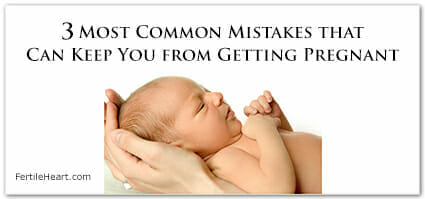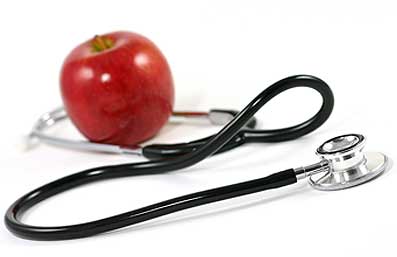 Deborah S. Kiddy, Diana Hamilton-Fairley, Anne Bush*, Frances Short*, Victor Anyaoku*, Michael J. Reed*, and Stephen Franks, Department of Obstetrics and Gynecology and *Unit of Metabolic Medicine, Imperial College of Science, Technology and Medicine, St. Mary’s Hospital Medical School, London, UK
Deborah S. Kiddy, Diana Hamilton-Fairley, Anne Bush*, Frances Short*, Victor Anyaoku*, Michael J. Reed*, and Stephen Franks, Department of Obstetrics and Gynecology and *Unit of Metabolic Medicine, Imperial College of Science, Technology and Medicine, St. Mary’s Hospital Medical School, London, UK
Clinical Endocrinlogy(1992) 36, pp. 105-111
Summary & Review
The following study is yet another example of how our food choices impact on our fertility. The purpose of this study was to determine whether irregular menstruation, infertility, and hirsutism (heavy growth of hair, often in abnormal distribution) could be alleviated in obese women suffering from polycystic ovary syndrome by decreasing caloric intake over a long-term period.
The results indicated that moderate weight loss after seven months of calorie restriction by obese women with polycystic ovary syndrome did positively affect abnormal menstruation, infertility, and hirsutism. The improvement in these conditions appears to have been caused by increased sex hormone binding globulin (SHBG) levels and decreased insulin concentrations. Moreover, increased insulin sensitivity may have increased ovarian function, and therefore menstrual function and fertility.
BACKGROUND: According to the authors, recent studies have shown that obesity is associated with gynecological difficulties such as menstrual disorders and infertility as well as with hirsutism. Women with polycystic ovaries (PCO) are often overweight, and PCO is the most common cause of anovulatory infertility.
One important causal factor of these disorders may be the role of sex hormone binding globulin (SHBG). Evidence of the impact of SHBG can be seen in its effect upon testosterone in the body, such as in the case of hirsutism. Obese women with PCO are more likely to be hirsute than non-obese women. The SHBG levels of these obese women are much lower than average. Low SHBG levels lead to higher concentrations of free testosterone and increased testosterone throughout the body. In essence, decreased SHBG levels can lead to a greater impact of testosterone in the body.
In recent studies, treating obese PCO-afflicted women with a very low calorie diet lead to a doubling of serum SHBG levels and a corresponding fall in serum insulin. The current study sought to take the research one step further – to determine whether increased SHBG levels and decreased insulin levels in turn would restore regular ovulatory menstrual cycles and fertility.
STUDY: Twenty-four obese women with mean weight of 91.5kg (or 201.3 lbs) were scheduled for a 1,000 calorie/day, low fat diet. In addition, several women followed a 330 calorie/day diet for the first four weeks. All women had been diagnosed with polycystic ovaries. All but four women had above-average serum LH or serum testosterone levels. Of those four, three were hirsute and had a greater than average total testosterone level.
RESULTS: Thirteen of the 24 women lost over five percent of their previous weight. Of these 13, nine of 11 women with menstrual dysfunction showed an improvement in reproductive function. Five of the women who had suffered from long-term infertility were able to conceive and experienced more regular menstruation. Hirsutism was reduced for 40 percent of the women in this group.
Unfortunately, the results for women who lost less than five percent of their weight were markedly different. Only one of eight noted an improvement in reproductive function. Hirsutism was not notably reduced in any of the women.
The authors, therefore, established a causal relationship between weight loss with a subsequent fall in insulin levels and the resumption of ovulation. However, the mechanism by which ovulatory dysfunction is improved with weight reduction is not yet clear.
The role of insulin is currently being investigated within this context. One hypothesis is that insulin may have a physiological role in FSH-stimulated follicle development and that insulin resistance may contribute to the mechanism of anovulation in PCO-afflicted women. The improved ovulation rate during dietary treatment may therefore be due to greater sensitivity of the ovary to the beneficial effects of insulin. Other hypotheses deal with the role of androgens (male sex hormones) and hyperinsulinaemia (excessively high blood insulin levels).
Finally, it is important to note that the beneficial effects of dietary treatment upon menstruation, fertility and hirsutism were not associated with attainment of ideal body weight. The benefits appear to be a result of the process of calorie restriction only.
Editor’s note: We urge you to consult with a health professional about any major shifts in your caloric intake.


